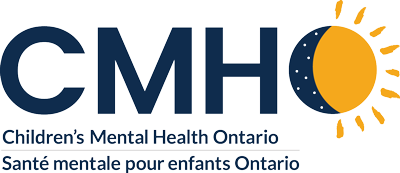Young parents, despite facing significant barriers such as trauma, stigma, homelessness, and a lack of resources, are capable of understanding and prioritizing infant and early mental health. They strive for the best for their children, yet the immense challenges the face often make this difficult. How can parents think about their baby’s mental health when overwhelmed by such obstacles? And how can they not?
HomeNest is an in-home intensive, community-based program designed to support the well-being of young parents and their children. By integrating principles of infant and early mental health, the WrapAround model, child developmental screenings, and attachment-based psychoeducation, we empower families to become experts at managing their lives. Children’s development is paramount and intrinsically linked to family stability.
This workshop will explore how the HomeNest program supports young parents in balancing their well-being with their children’s, ensuring both thrive despite challenges.
Learning Objectives
- Understand the role of WrapAround/ HomeNest services in supporting the optimal mental health and well-being of young parents and their children.
- Apply infant and early mental health practices in community-based programs to promote positive social-emotional development and foster healthy attachment relationships.
Presenters:
Cindy Peck (Abiona Centre)
Our presenters have built the HomeNest program from the ground up, continuously evaluating and adjusting it to meet the needs of young families. With collective experience in live-in treatment, community-based infant mental health work, and early childhood education, they bring a wealth of knowledge and expertise to their work. Their dedication to empowering families and fostering positive outcomes is evident in their hands-on approach and commitment to continuous improvement.
Tanya Sterling (Abiona Centre)
Our presenters have built the HomeNest program from the ground up, continuously evaluating and adjusting it to meet the needs of young families. With collective experience in live-in treatment, community-based infant mental health work, and early childhood education, they bring a wealth of knowledge and expertise to their work. Their dedication to empowering families and fostering positive outcomes is evident in their hands-on approach and commitment to continuous improvement.
Fatim Walli (Abiona Centre)
Our presenters have built the HomeNest program from the ground up, continuously evaluating and adjusting it to meet the needs of young families. With collective experience in live-in treatment, community-based infant mental health work, and early childhood education, they bring a wealth of knowledge and expertise to their work. Their dedication to empowering families and fostering positive outcomes is evident in their hands-on approach and commitment to continuous improvement.

